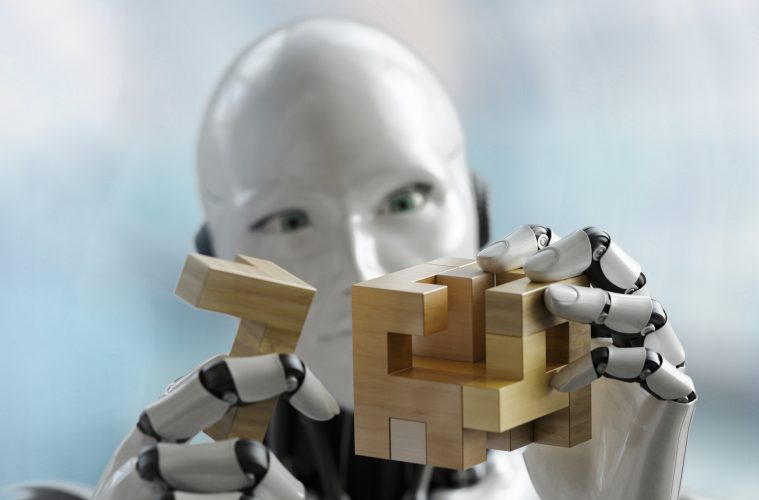In Greek mythology, King Midas is a well-known figure famed for his bad judgment. He had asked the god Dionysus for the ability to turn everything he touched into gold; when he was granted his wish, he thought he had good fortune. Yet, he soon came to regret making that wish, for he just wanted to be rich, but did not actually want to turn his food and loved ones into gold!
In reality, in King Midas’ story and his misjudgment, we can see clear echoes of what we are witnessing today. We admire the increasingly intelligent machines, while turning a blind eye to human values.
The concept of Artificial Intelligence (AI) was created in the 1950s by scientists who worked on developing futuristic intelligent machines that mimicked Natural Intelligence (NI) displayed by humans and animals. They sought to make AI solve human issues by mimicking the cognitive functions of the human mind, such as learning and problem solving.
Today, AI is no longer the future; it is seen in our homes, at the workplace, and everywhere. The technology is capable of perceiving sounds and images, understanding by processing language and information, and acting accordingly. AI systems are now capable of learning and adapting to new situations, in a human-like way, while disregarding human emotional values, which they were not optimized to do.
In the business world, for instance, that daily feeling of not having enough hours to accomplish everything has been replaced by smart computers, which can accomplish certain tasks while workers gain additional time to perform more important tasks. You can think, too, of contacting a customer service team that is supported by live chat sessions to answer basic customers’ questions.
People have, thus, started to ask “Will robots take our jobs?” They fear that AI systems will one day replace human beings; however, the big issue is not whether robots are coming or not, because they actually are. We need to ask ourselves “Are we ready for the challenges of increasingly intelligent machines?” As for the former question, think positively about the number of dangerous jobs that humans need not do anymore, rather than thinking of AI as taking our jobs away!
Some might fear that empowering AI would lead robots to revolt in the future against humanity; however, scientists explain that AI agents optimize to whatever we tell them to do. The idea is to make sure they are optimized to do what would be of world’s benefit. Similar to King Midas’ wish, AI is considered a danger to humanity if it progresses unabatedly; it can be used for good and evil.

The problem of values’ alignment is that human values are not the same and we need to define what these values actually are. Human beings understand emotional and sentimental values that they are familiarized with, but it would be hard to guarantee that robots will be programed too.
Human values differ according to several variables, including cultural differences and socioeconomic backgrounds. One man’s good could be another man’s evil, and that is the challenge we must remain aware of. This point of view was raised in 2015 by the British–American computer scientist Stuart Russell, Professor of Computer Science and Founder of the Center for Intelligent Systems at the University of California, as he drafted the first open letter calling researchers to look beyond the goal of merely empowering AI.
Scientists are now working on this prospect by asking people to agree on the nature of human values that AI needs to understand, identify what it means to have AI aligned with their own life goals, and to align at the same time with everyone’s aspirations in the world.
A decade ago we made a wish and we were able to turn it into reality; since then, we have been replacing everything in our lives with technology. We are not sure if that wish will harm people in the future, or not, in a misguided attempt to do what AI is requested to do. Yet, we are more fortunate than King Midas, as we are not simply a myth or a machine; we are human beings and we still have the opportunity to turn our wishes into good deeds!
*Published in SCIplanet Printed Magazine, Spring 2018 Issue
References
futureoflife.org
pedersenandpartners.com
ibm.com
forbes.com